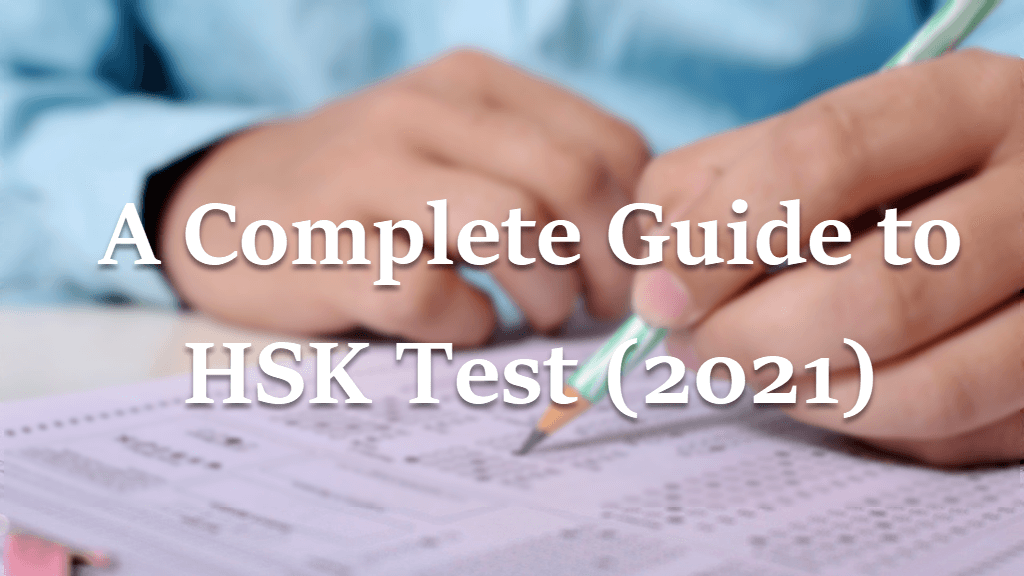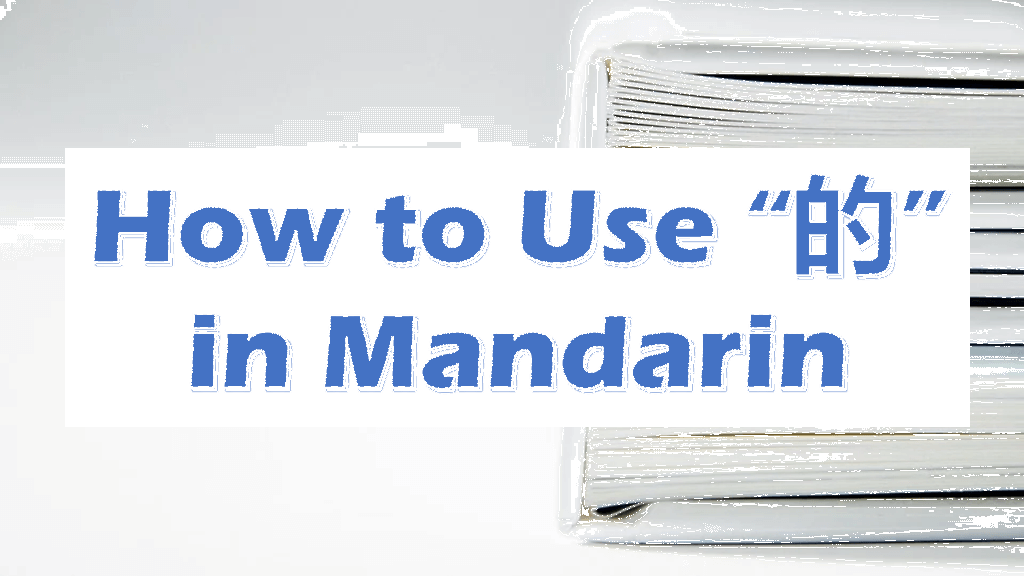不(bù) and 没(méi) are two simple yet important Chinese negation words that most beginner students may confuse. Both of these two words can be followed by verbs and adjectives. In fact, they have different meanings and cannot be interchangeable. The mixed use of 不(bù) and 没(méi) is one of the common mistakes made by Chinese learners. No worries! In this post, we explain how to use 不(bù) and 没(méi) and differentiate between them clearly.
Before we begin, let’s look at a few examples and try to understand how 不(bù) and 没(méi) are used.
我不去北京。
I’m not going to Beijing.
我没去北京。
I didn’t go to Beijing.
他不瘦。
He isn’t thin.
他没瘦。
He didn’t lose weight.
After reading these examples, you may know something, but you may not sure about it. Then let's move on.
1. About the implication
The main difference between 没(méi) and 不(bù) is:
没(méi) negates objective facts and is mostly used in the past and the present tenses.
不(bù) negates subjective wills and feelings and can be used in the past, present and future tenses.
For example:
她昨天没来学校。(in the past)
She didn't come to school yesterday.
这个手机没坏。(in the present)
This cell phone is not broken.
我昨天不舒服,所以请假了。(in the past)
I didn't feel well yesterday, so I asked for leave.
我现在不饿。(in the present)
I'm not hungry now.
我明天不去学校。(in the future)
I won't go to school tomorrow.
What's more, 不(bù) is also used to negate a habitual action.
For example:
他吃素,不吃肉。
He is a vegetarian and he does not eat meat.
他不抽烟,不喝酒。
He doesn't smoke or drink.
2. About the following words
没/不 + modal verbs or psych verbs
没(méi) can only go with a few modal verbs and psych verbs, such as 能(néng), 敢(gǎn), 想(xiǎng)” and so on. It’s always used in the past events.
不(bù) can go with all modal verbs and psych verbs. It can be used in the past, present and the future events.
For example:
我没能帮他。
I couldn't help him.
我没敢进去。
I didn't dare to go in.
我没想帮他。
I’m not trying to help him.
她不会开车。
She can't drive.
我不喜欢看电视。
I don't like watching TV.
我今天不想吃披萨。
I don't want to eat pizza today.
你不应该喝太多。
You shouldn't drink too much.
没有(méiyǒu) & 不是(bú shì)
To negate the verb 有(yǒu), you can only use 没(méi); To negate the verb 是(shì), you can only use 不(bù).
For example:
我没有哥哥。
I don't have a brother.
房子里没有人。
There is no one in this house.
桌子上没有书。
There is no book on the table.
我不是学生,我是老师。
I'm not a student. I'm a teacher.
他不是美国人,他是英国人。
He is not American. He is English.
没/不 + adjectives
"没(méi)" can only be used with a few adjectives to negate the change of a situation.
For example:
她的病还没好。
She is not well yet.
好久不见,你没胖也没瘦,还是以前那样。
I haven't seen you for a long time. You look the same as before, neither gain or lose weight.
不(bù) can be used with most adjectives to negate the state of somebody or something.
For example:
他的弟弟不高。
His brother is not tall.
这个包不好看.
This bag is not good-looking.
没 + Noun
没(méi) can be followed by a noun to indicate 没有(méi yǒu). But 不(bù) can’t be followed by a noun.
For example:
他没钱买新手机。
He has no money for a new cell phone.
咖啡店里没酒,只有咖啡。
There's no wine in the coffee shop, just coffee.
没关系(méi guānxi) & 不客气(bú kèqi)
没关系(méi guānxi) and 不客气 (bù kèqi) are common phrases of polite expression. They are used in response to an apology and a thank you respectively. Here, 不(bù) and 没(méi) can not be interchangeable in those tow expressions.
For example:
A: 对不起。
I’m sorry.
B: 没关系。
Never mind.
A: 谢谢!
Thank you!
B: 不客气。
You're welcome.
Conclusion
This is our summary of the difference between 不(bù) and 没(méi) in Chinese. It can help you know how to use bu and mei in Chinese more properly. However, it is not enough to read an article to learn a language. To master the usage of 不(bù) and 没(méi) skillfully, you need to apply it to life. If you like this post, don’t forget to share it with your friends for common progress. For more questions, please leave them in the comment section.






Comments